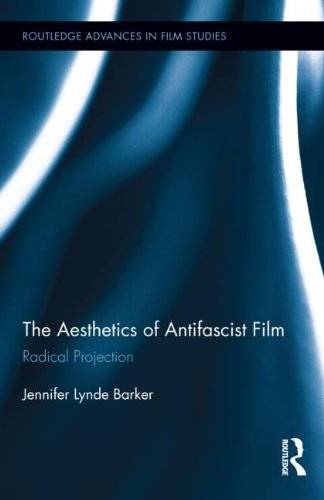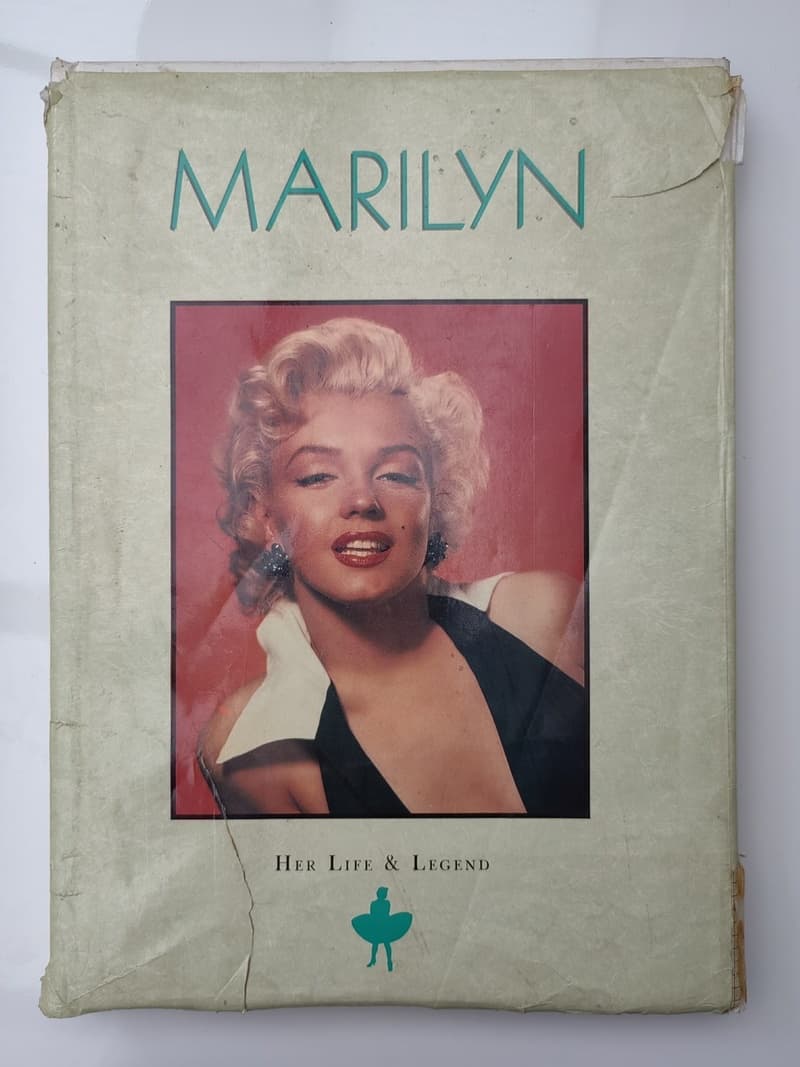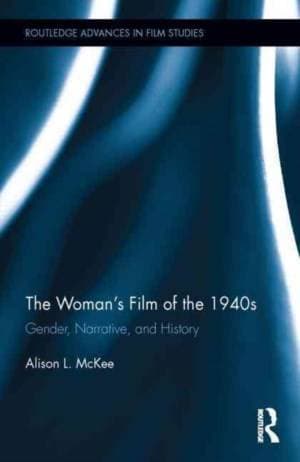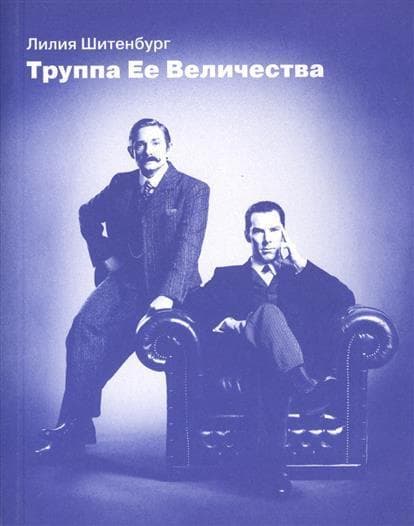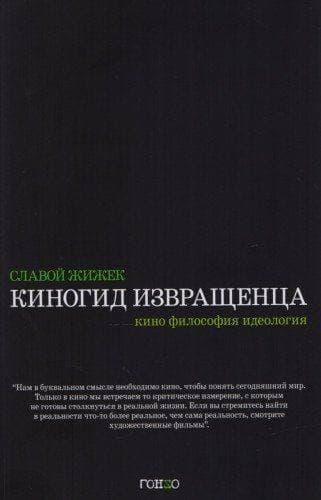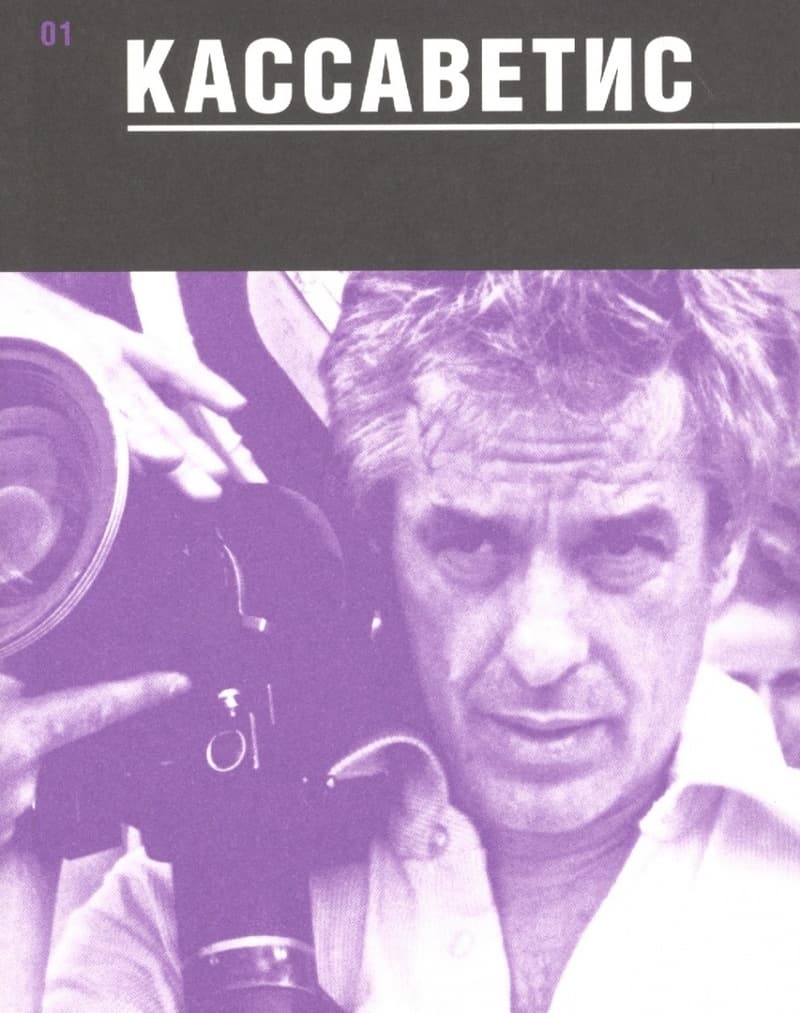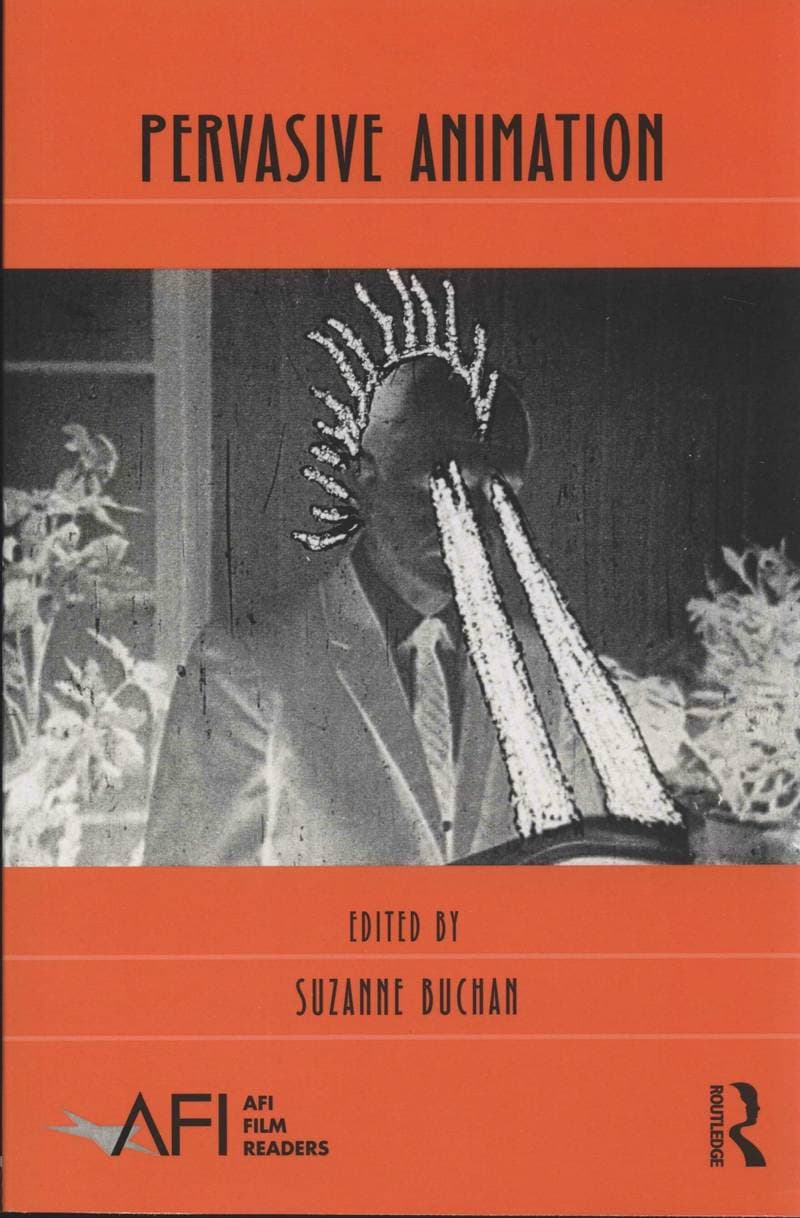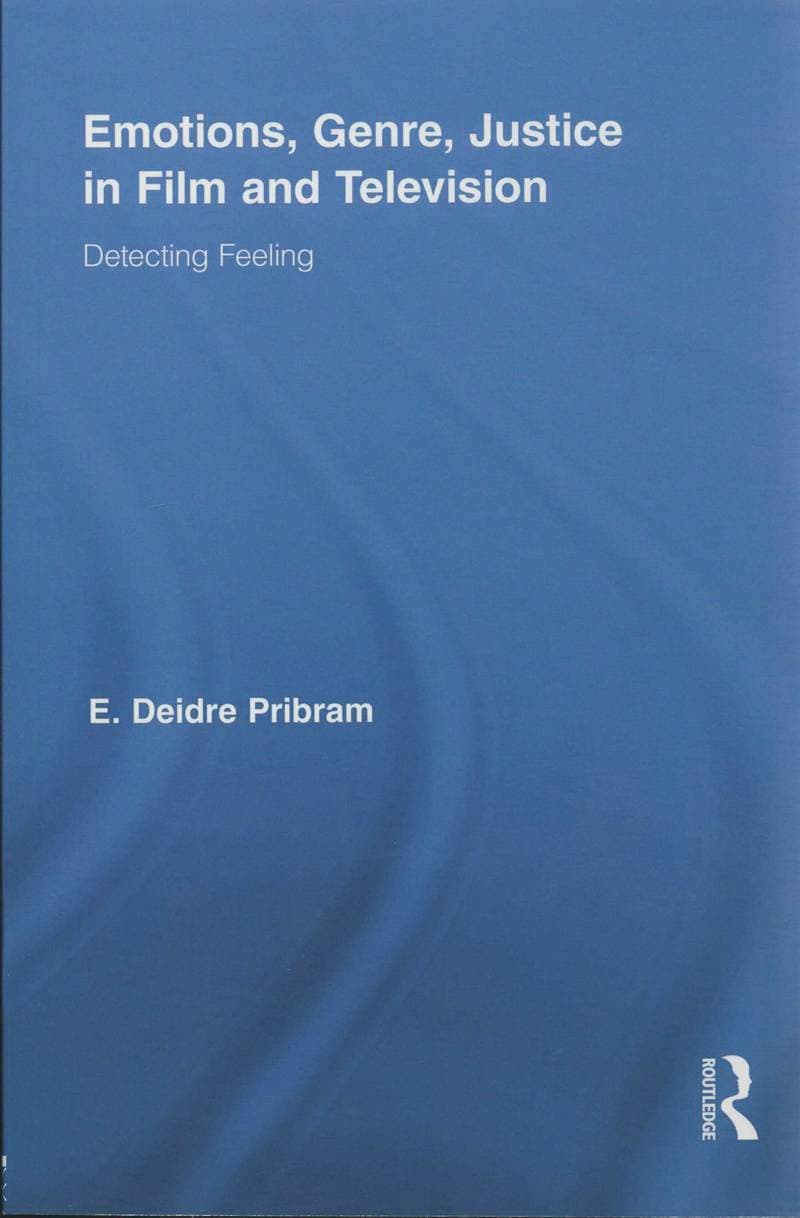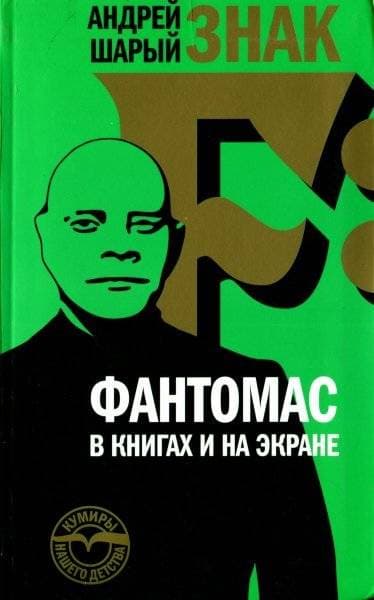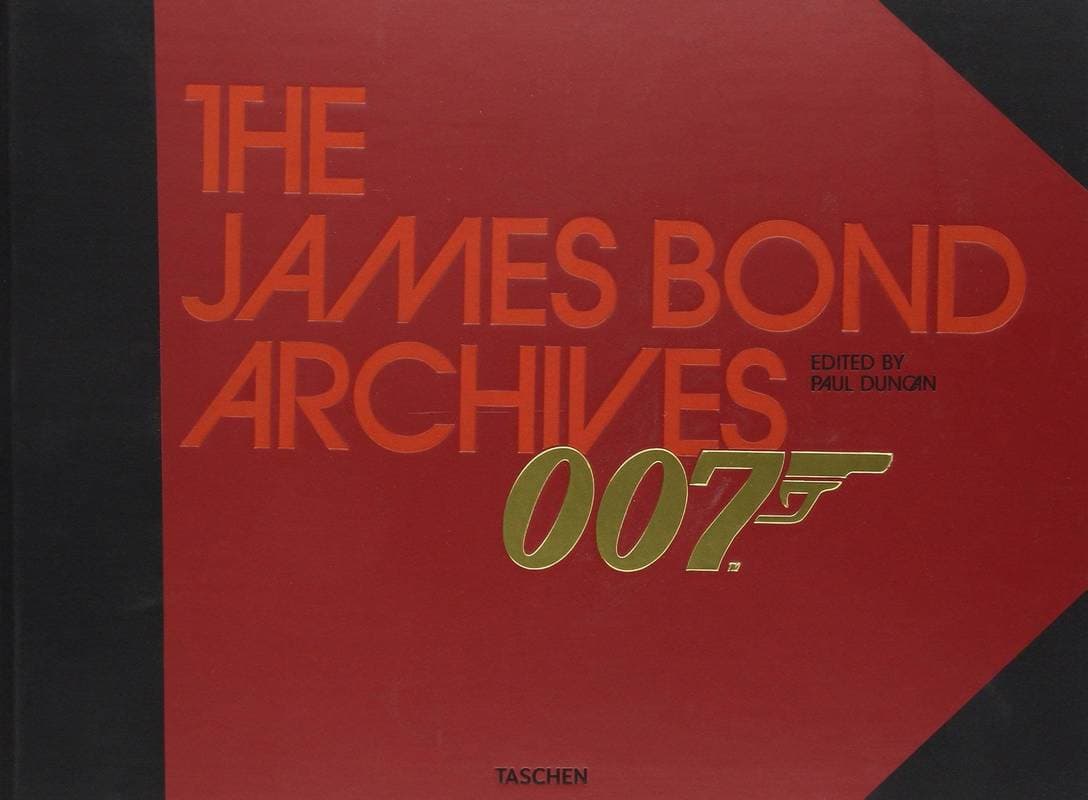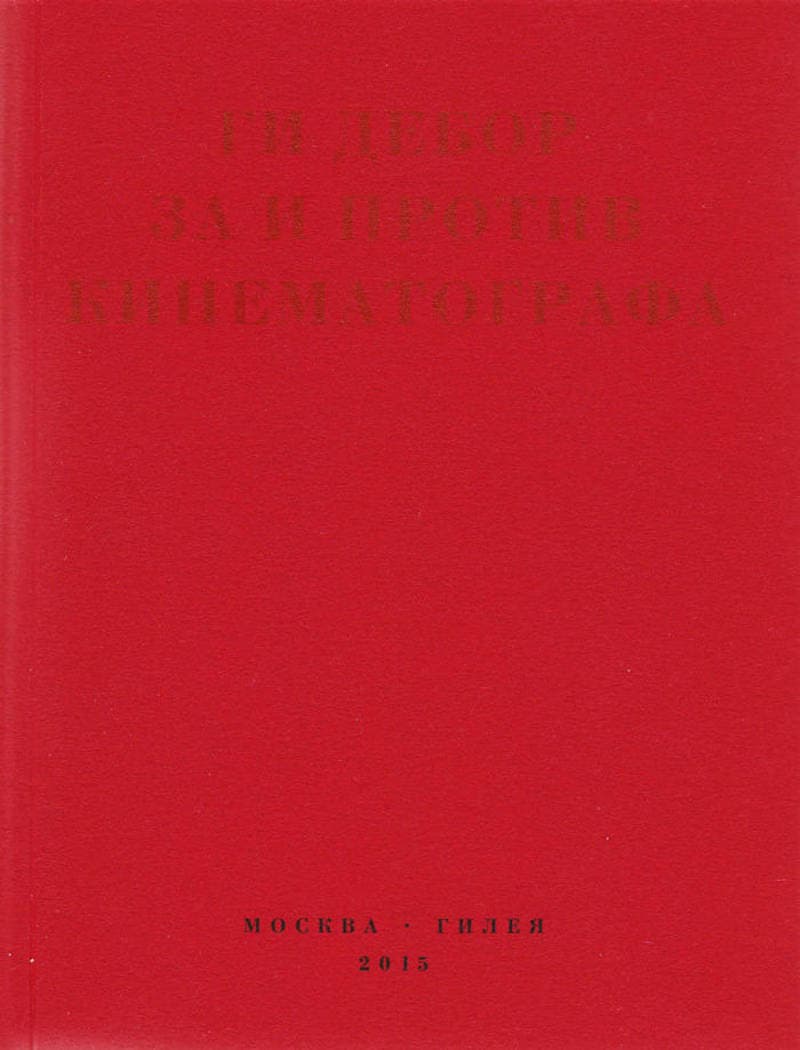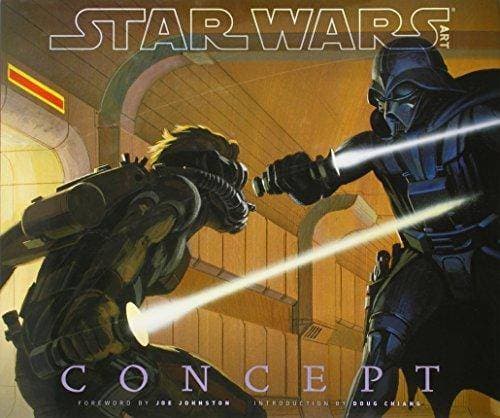The Aesthetics of Antifascist Film: Radical Projection
Emerging during a critical moment in film history?1930s/1940s Hollywood? cinematic antifascism was representative of the international nature of antifascist alliances, with the amalgam of film styles generated in emigre Hollywood during the WWII period reflecting a dialogue between an urgent political commitment to antifascism and an equally intense commitment to aesthetic complexity. Opposed to a fascist aesthetics based on homogeneity, purity and spectacle, these antifascist films project a radical beauty of distortion, heterogeneity, fragmentation and loss. By juxtaposing documentation and the modernist techniques of surrealism and expressionism, the filmmakers were able to manifest a non-totalizing work of art that still had political impact. Drawing on insights from film and cultural studies, aesthetic and ethical philosophy, and socio-political theory, this book argues that the artistic struggles with political commitment and modernist strategies of representation during the 1930s and 40s resulted in a distinctive, radical aesthetic form that represents an alternate strand of post-modernism.
Details
New York City
2013
286 pages
9780415899154
Available on request
Yes
Yes
791 Bar
1
- Marilyn: Her Life & Legend1990
- Woman's Film of the 1940s: Gender, Narrative, and History2014
- Труппа Её Величества2015
- Роман Поланский2021
- Киногид извращенца. Кино, философия, идеология2017
- Кассаветис2017
- Pervasive Animation2013
- Emotions, Genre, Justice in Film and Television: Detecting Feeling2011
- Знак F: Фантомас в книгах и на экране2007
- The James Bond Archives2015
- За и против кинематографа. Теория, критика, сценарии2015
- Star Wars Art: Concepts2013
